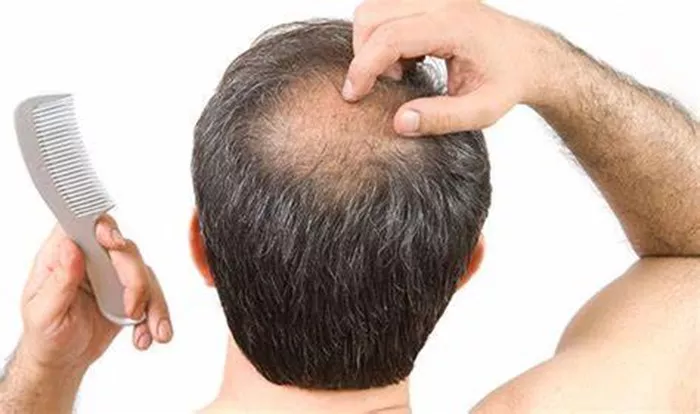According to Patient.info, up to 80% of men will experience some degree of hair loss by the age of 70, with male pattern baldness being the most common cause. By the age of 30, three in ten men will notice significant hair thinning, and by 50, this number rises to half. While hair loss is incredibly common, some areas in the UK appear to be more prone to baldness than others.
The Baldest Cities in the UK
Recent research conducted by the barber shop Ruffians analyzed Google search data to identify the cities where men are most concerned about hair loss. By examining terms such as “how to cover a receding hairline” and “how to prevent male hair loss,” the researchers revealed which cities have the highest levels of interest in hair loss solutions.
Here are the top 10 cities in the UK with the highest average number of monthly searches related to male hair loss:
- Wakefield – 314 searches
- Preston – 305 searches
- Chelmsford – 275 searches
- Swansea – 274 searches
- Birmingham – 265 searches
- Lincoln – 261 searches
- Liverpool – 253 searches
- Peterborough & Leeds – 239 searches
- Edinburgh – 234 searches
- Newcastle upon Tyne – 233 searches
Can Hair Loss Be Stopped?
Hair loss is a natural part of aging for many men, and in most cases, it’s caused by a genetic predisposition to male pattern baldness. While there are treatments that can slow down or even stop hair loss temporarily, it’s important to understand that, for most, hair loss is inevitable.
Mulgrew, a barber from Ruffians, explains: “Baldness can be a sensitive issue for some people, but it’s important to remember that it doesn’t define you. Embracing it with confidence is key.”
Ultimately, while hair loss treatments exist, the most important factor is how you feel about it. Many men find confidence in accepting their changing appearance and may even choose to shave their heads completely.
Whether or not hair loss can be prevented, acceptance remains an empowering choice.


